Loudon randomly selected to participate in newly mandated voting machine audit
| Published: 09-12-2024 3:52 PM |
Francine Clave, a supervisor of the checklist in Loudon, was surprisingly thrilled when town officials received a hand-delivered letter from the Secretary of State’s office around noon on Election Day.
Loudon had won a lottery of sorts: Along with nine other municipalities in the state, its voting machines had been randomly selected to undergo a post-election audit, the first of its kind following the passage of a new state law this year.
Fast forward 24 hours and Clave, who has served as a Loudon supervisor of the checklist for 13 years, observed the process at the State Archives in Concord, marveling as a four-person team painstakingly conducted a pair of auditing procedures.
“We chase after accuracy and integrity,” Clave said. “This is excellent.”
The process – designed to increase voter confidence in elections – requires the secretary of state to randomly select and test eight voting machines following each state primary, general election, and presidential primary.
In an era of eroding trust in voting fomented by former president Donald Trump, New Hampshire had fallen behind.
“Most states have some form of post-election audits. We did not,” said Patty Lovejoy, the senior deputy secretary of state and a leader in the audits.
The state conducted trial audits in 2022, after which the legislature put in place the current process, which received bipartisan support.
Article continues after...
Yesterday's Most Read Articles
For each municipality or ward selected, the audits involved re-running all of the ballots cast through the voting machine, checking the results against those tallied on Election Day, and then randomly selecting 50 ballots and checking them against the voting machine’s results one by one.
The audit of Winchester, the first town selected, took about two hours. The entire process stretched from Wednesday afternoon into Thursday.
Besides some discrepancies with write-in votes, no errors were discovered during the Winchester audit.
If any issues are uncovered, they will appear in a post-audit report released on Friday. Candidates can then request recounts of their elections.
The implementation of New Hampshire’s auditing process comes as the state is overhauling its voting machines.
Last year, the state ballot commission chose to replace machines that had been used since the 1990s with new ones made by either Dominion – the company that sued Fox and Newsmax for defamation in 2020 – or VotingWorks.
Loudon is one of 16 municipalities that has selected VotingWorks so far. They used the machines for the first time during a spring municipal election, and the new machines have drawn rave reviews, including from those who voted this week.
“We had almost 1,700 people vote,” Clave said. “When’s the last time we had 1,700 people agree on anything?”
“The machines are much more voter-friendly and election-worker friendly,” Clave noted, because they confirm a ballot is counted when it is placed in the machine, they don’t require reams of calculator tape and ink, and they alert election workers in real-time when a voter has filled in too many ovals for a particular race.
The VotingWorks machines are also notable for another reason: they are the only voting machines to use open-source software, which is publicly accessible.
The open-source software enhances both transparency and integrity, according to VotingWorks founder and executive director Ben Adida, who was on hand for the audit on Wednesday.
“We think of open source like the open kitchen restaurants,” Adida said. “You walk into an open kitchen restaurant, you see exactly what the chef is doing, chances are they’re not going to take as many shortcuts.”
It “resets the conversation away from, ‘This is a black box,’” he said.
Currently, VotingWorks’s machines have been rolled out in just two states: New Hampshire and Mississippi.
Jeremy Margolis can be contacted at jmargolis@cmonitor.com.

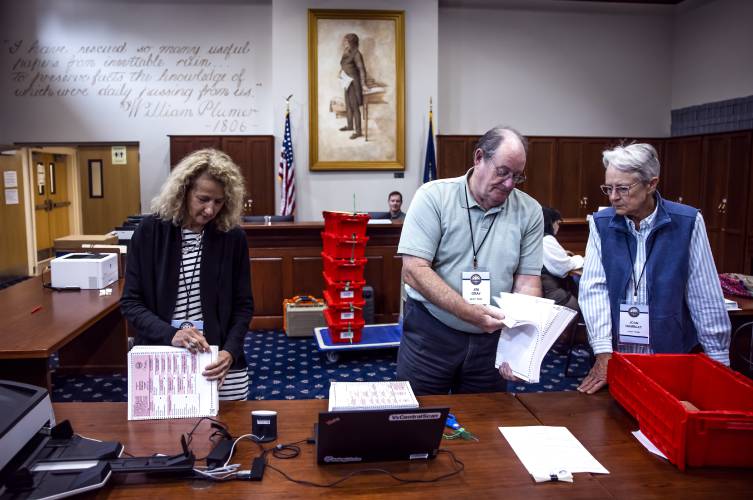
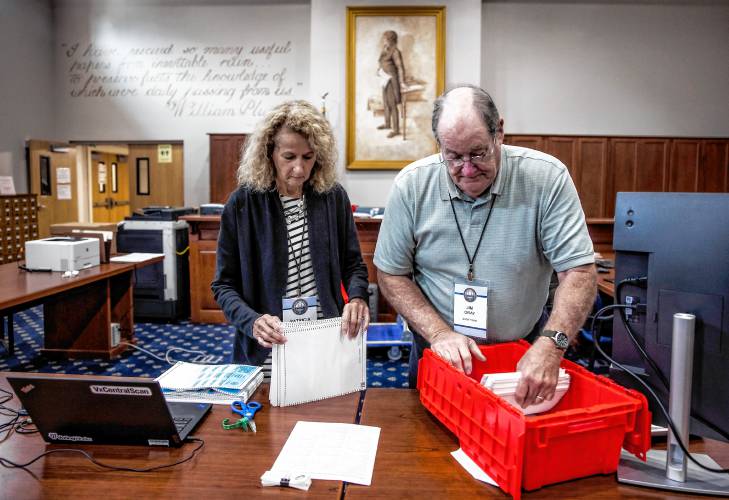
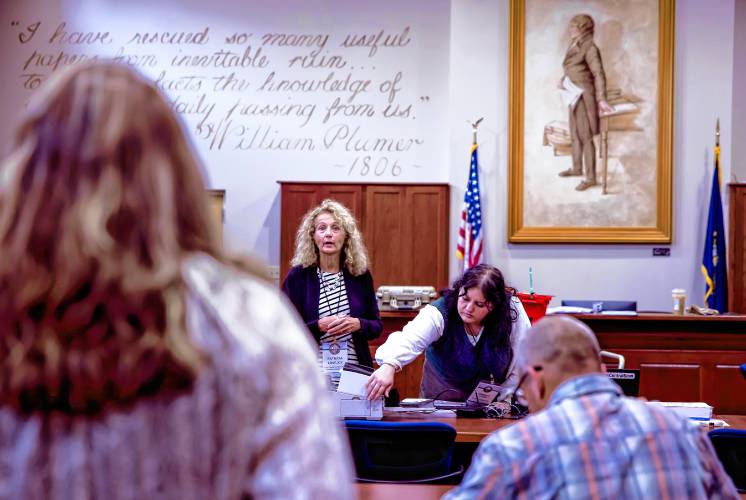
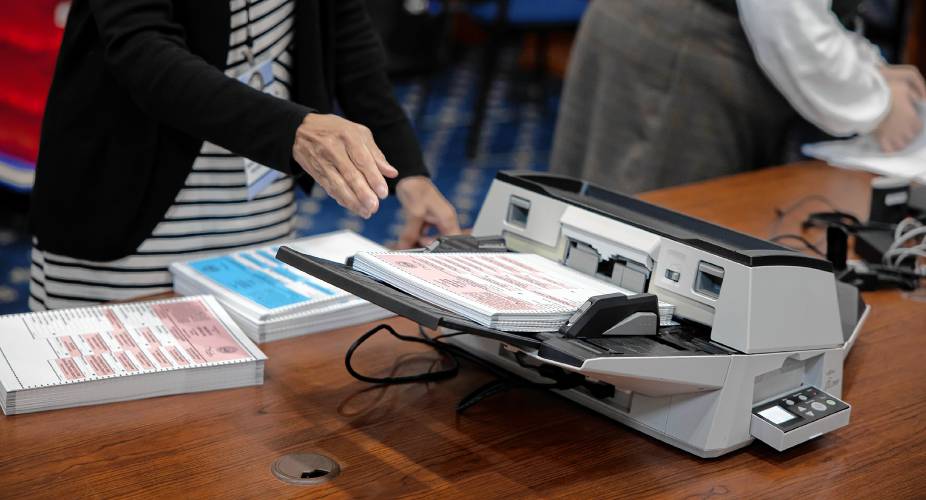
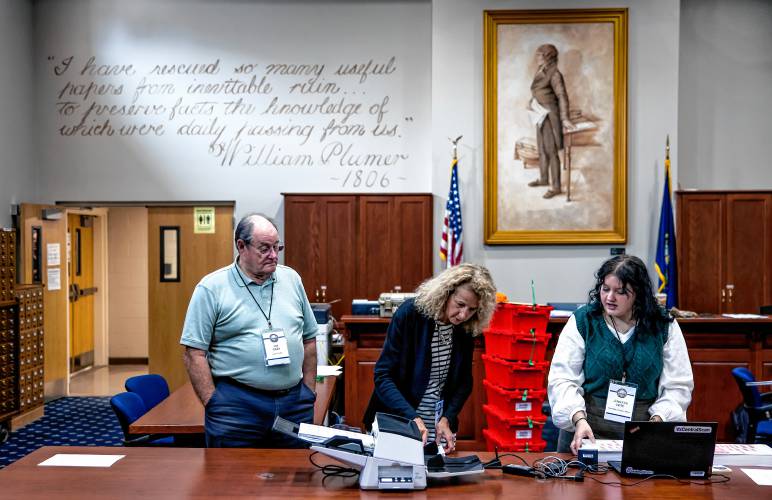
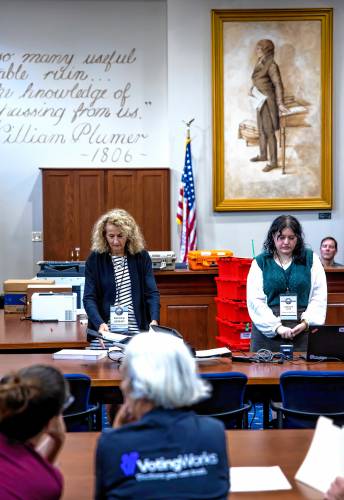
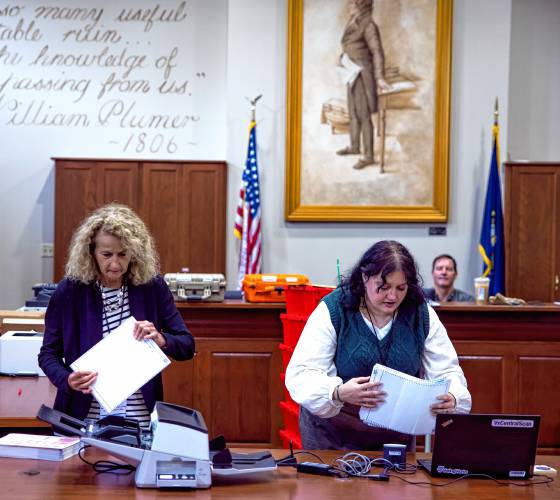
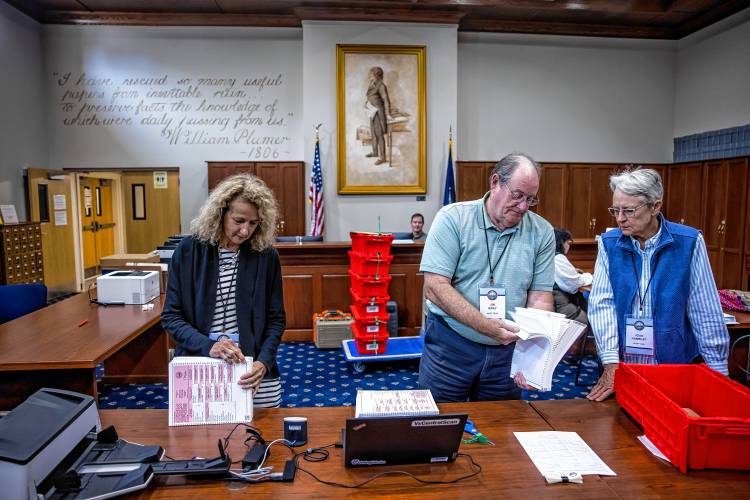






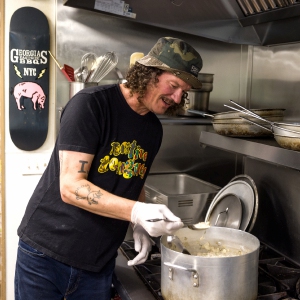 Georgia’s Northside in Concord transitions into catering and cooking classes
Georgia’s Northside in Concord transitions into catering and cooking classes New Concord apartments open in former First Congregational Church
New Concord apartments open in former First Congregational Church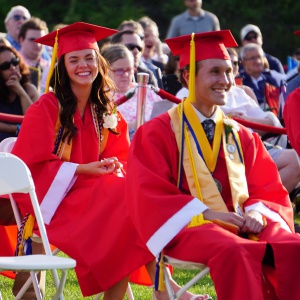 ‘You have time’ – Coe-Brown graduates savor the moment
‘You have time’ – Coe-Brown graduates savor the moment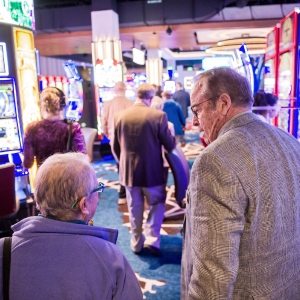 Senate lawmakers vote to lift betting limits to attract high-rollers to New Hampshire’s casinos
Senate lawmakers vote to lift betting limits to attract high-rollers to New Hampshire’s casinos
